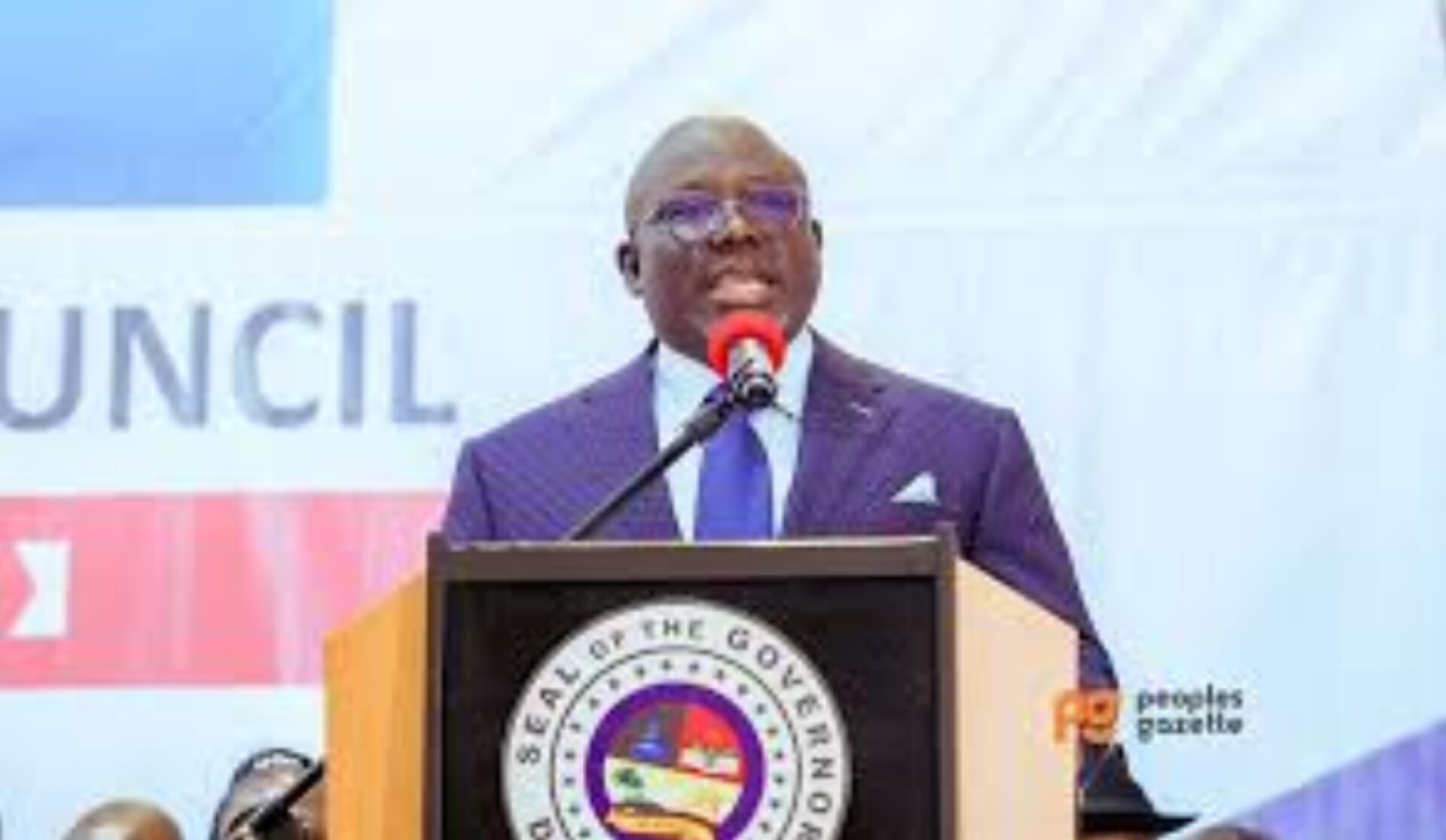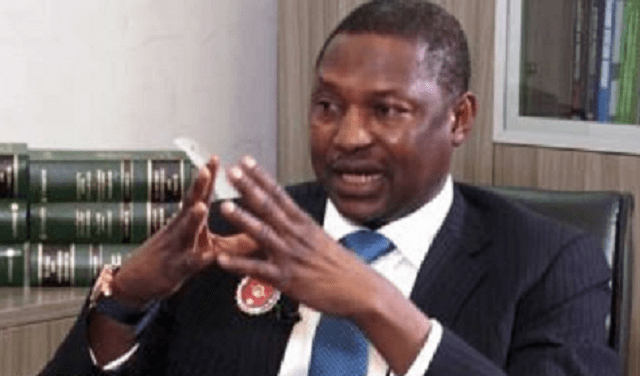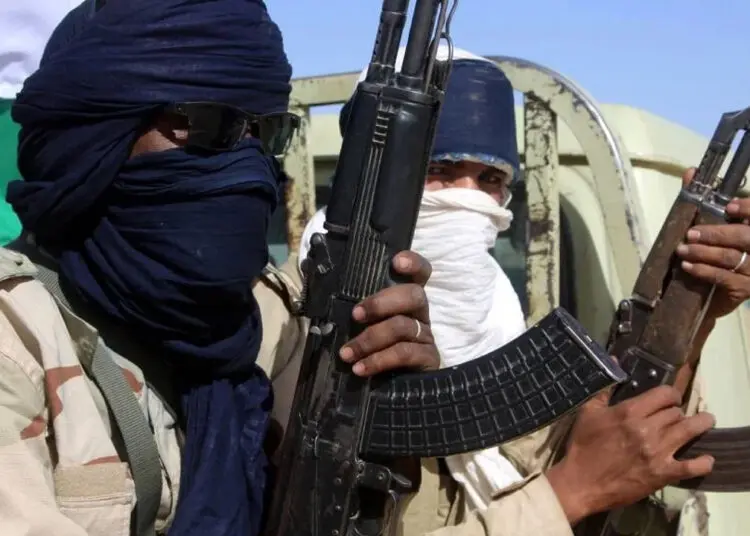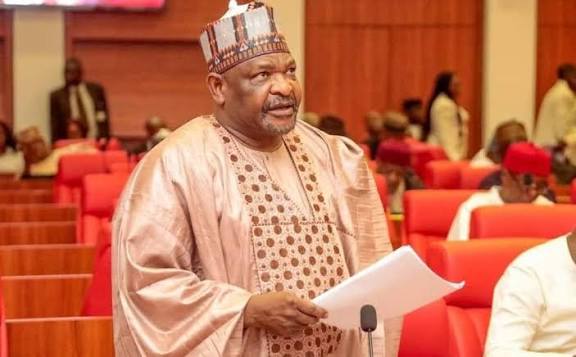The Society for Family Health(SFH) has expressed its appreciation to law enforcement agencies in the country for their commitment to the partnership with the organization.
The Managing Director, Dr. Omokhudu Idogho gave the indication in a goodwill message at a 3-day training workshop organized by SFH for the law enforcement officers held at Chatwell Hotel on Monday in Bauchi.
The sensitization workshop focused on general health issues, gender diversity and human rights as they relates to the survival of the key populations.

The MD who was represented by Chief of Party, KP-CARE2 Project of the SFH, Mallam Abdulsamad Salihu said law enforcement agencies have shown serious commitment to their partnership with his organization.
He disclosed that the officers have been part and parcel of the organization’s activities over the years especially as it relates to public health programming, HIV and AIDS service implementation and extraordinary general security provisions.
He said, “It is with no doubt that our gallant law enforcement personnel have been through considerable tests of their resolve by the significant increase in criminal activities in the country, especially because of the challenges with poverty, inflation, banditry and insurgency
In his words, “We also know that over 200 million Nigerians rely on the law enforcement agencies for their security and livelihoods, many of which are also supported by SFH.”
In his address, the Bauchi State Commissioner of Police, CP Auwal Mohammed Musa disclosed that gender inequality is not a new concept but that their pervasiveness has brought them to international focus.
He pointed out that the police force as an institution is a major stakeholder in promoting gender equality and the empowerment of women, guided by its mandate to maintaining peace and uphold fundamental rights to freedom.
The police boss further explained that every individual deserves safety and respect, but that the scourge of rape and defilement are curbed, and that women and girl child and boys can live their lives free from fear, intimidation and harassment.
He expressed the hope that the training program would facilitate a smooth police service delivery and improve the areas of gender sensitivity in the Force.
In his speech, the Zonal Commander of the Nigeria Drug Law Enforcement Agency (NDLEA), Zone B, Idris Mohammed Bello thanked the Society for Family Health for its commitment to confronting the HIV menace over the years and the benefits therein.
The NDLEA boss expressed the belief that participants will leave the training better equipped to stem the problem due to the increased knowledge they will acquire from the training.
Bello also explained that it was the second time he would be attending the Society for Family Health sensitization training for officers with his strong belief that the participants will live with the takeaway and even impact the knowledge on others.
Other agencies in attendance at the training included the Nigerian Security and Civil Defence Corps(NSCDC), Hisbah Corps, representatives of the National Human Rights Commission(NHRC), heads of State AIDS Control Agencies(SACAs) and representations from KP-led Community-Based Organizations(CBOs) among others.
The training attracted officers from the North West and North East regions comprising Sokoto, Kebbi, Zamfara, Kano, Borno, Adamawa, Taraba and host Bauchi states.
About 40,000 vulnerable individuals received care from the project with support from the United States Agency for International (USAID) and the Nigerian government.




